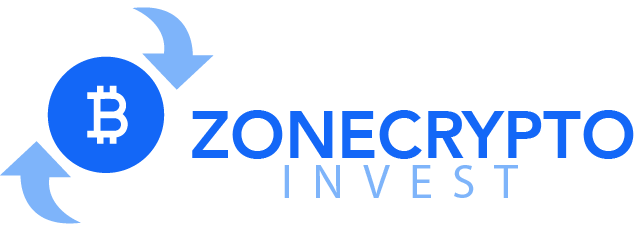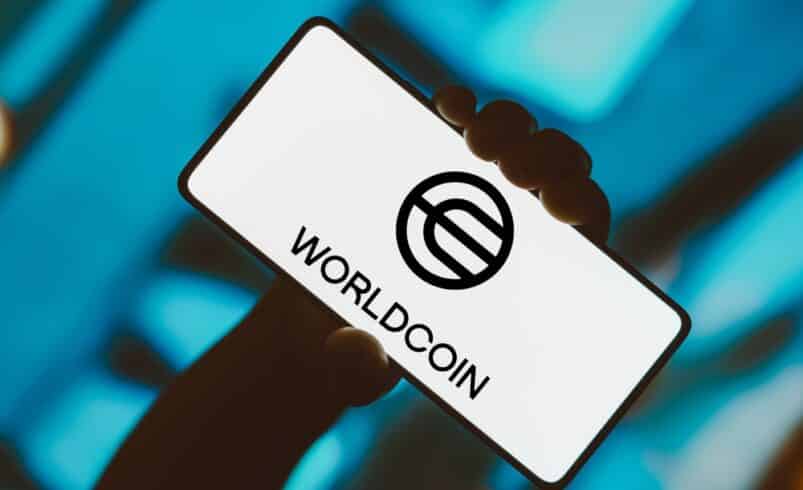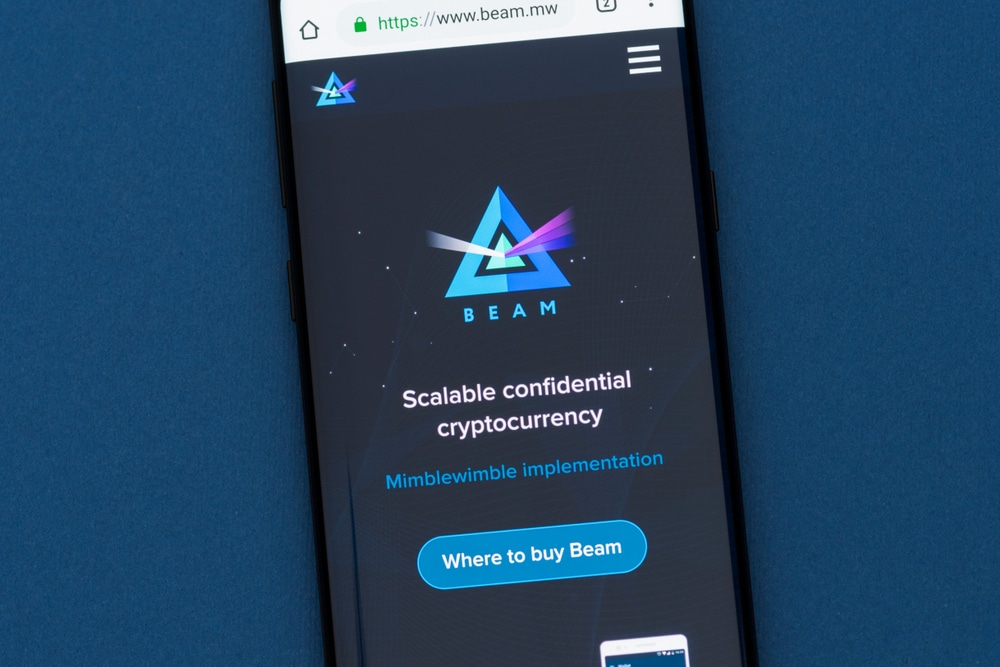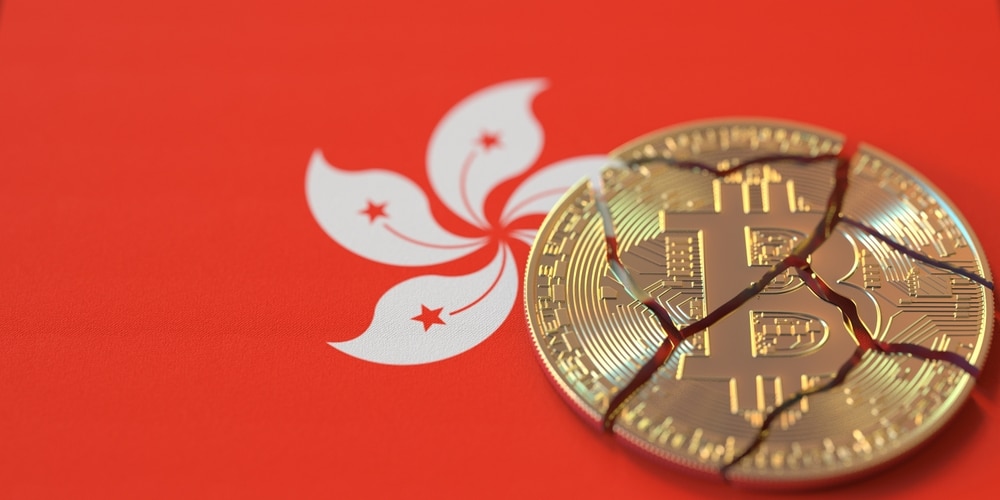A Detailed Guide to Understanding ‘Fair Launch’ in Crypto
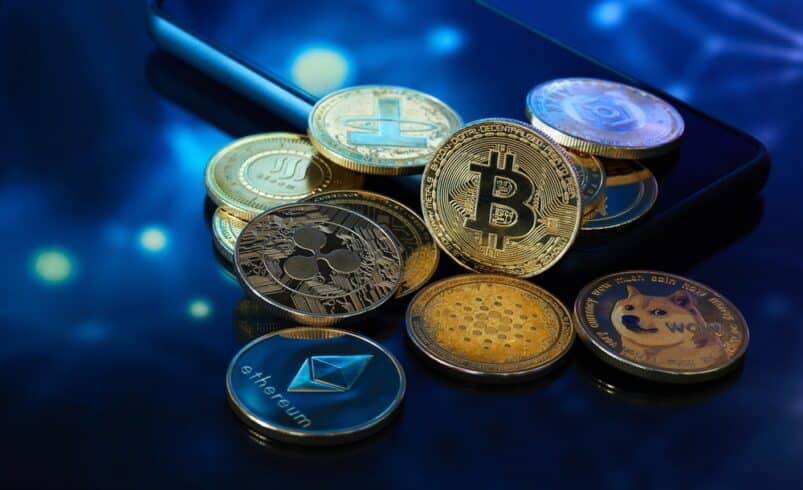
A fair launch occurs in a decentralized crypto platform where the community owns, earns, and governs the tokens from the start. It is critical to comprehend how new tokens are distributed initially and who acquires access to a new coin’s initial offering.
Despite cryptocurrency’s declared egalitarianism, the distribution of new tokens can skew in private investors’ favor. This entails the token’s founders or persons being alerted about a new crypto investment prior to the unveiling.
A look at famous coins’ token distribution can reveal significant swathes of supposed decentralized networks being reserved for early founders or investors. This results in the general public being second-class investors.
A ‘fair unveiling’ promise addresses such inequalities. This idea entails offering each person an equal chance of receiving tokens, regardless of status, indicating that no party has higher privileges than the other.
Fair launches acquired fame among those who believe the market is rigged against them. According to Messari, a crypto intelligence platform, Bitcoin, sushi, and monero are the most popular fair launch tokens.
Explanation of Fair Launch
A fair launch occurs in a decentralized crypto platform where the community owns, earns, and governs the tokens from the start. It must ensure that anyone can participate.
According to a framework proposed in 2019 by Hasu, a crypto researcher, and Arjun Balaji, Paradigm investment partner, fairness entails providing equal opportunity to acquire coins over a long time. A launch is fairer ‘the more potential purchasers are aware of a project’s existence.’
Balaji and Hasu also support relative price equality, meaning no individual or group can get the token at a substantial discount to the market price. However, they do not entirely reject early access to tokens, asserting that some discounts are acceptable in case funds are locked up under specific conditions, for instance, a long lockup time.
Similar to several things in crypto, it is not always useful to evaluate a launch based on a binary ‘fair/unfair.’ Some launches are fairer compared to others, and because of the numerous token distribution mechanisms to choose from, fairness may be hard to judge without the hindsight benefit.
Importance of Fair Launch in Crypto
Fair launches ensure that everybody gets in on the ground level. They address the issues that have resulted in unfair launches when founders are compelled to involve investors by guaranteeing them low-priced tokens.
In most cases, crypto projects are compelled to follow a default traditional tech funding strategy. In this case, an early phase project seeks venture capitalists or angel investors capable of accessing and acquiring equity in a private firm years prior to it going public.
The downside for this crypto is that when the VCs can cash out of a crypto project, this can happen fast and in a manner that only benefits early investors who bought in cheaply. In case the VCs discard their tokens, public investors might find price falls as significant quantities hit the market simultaneously. As such, later-stage investors are left with tokens whose value has dropped significantly.
Understanding Ideal Qualities of Fair Launch
Nowadays, decentralized finance projects compel individuals to work for their tokens via two means. First, people are retrospectively rewarded for being early users of a protocol via an airdrop. In late 2021, OpenDAO did this.
OpenDAO’s project sought to be a form of decentralized insurance fund for OpenSea, a nonfungible token market. Any person could mint a token on the basis of their earlier engagement with the nonfungible token place.
The launch could be considered fair since no individual was in a position to game the engagement prior to the minting going live. Nevertheless, fair launches do not always lead to fruitful projects.
Despite OpenDAO having a fair launch, it failed to develop vivid goals or a long-term road map. Besides, security risks were identified in the project.
A fair launch also entails rewarding users for consistent contributions to projects in Yearn.Finance (YFI), Andre Cronje, Yearn’s developer, did not reserve tokens for himself but allowed those who offered liquidity to the platform to earn tokens.
Final Thoughts
A fair launch occurs in a decentralized crypto platform where the community owns, earns, and governs the tokens from the start. It must ensure that anyone can participate.
Zone Crypto Invest provides exposure for numerous crypto businesses, and we invite you to join our community! Connect with us through our Telegram chat for any questions. Given the volatile nature of cryptocurrencies, always conduct thorough research before investing. Many articles on our website are sourced from guest writers or are paid content, and they might not reflect the views of Zone Crypto Invest's internal team. The opinions in these pieces may not always coincide with Zone Crypto Invest's stance. We do not vouch for the accuracy, quality, promotions, or any other aspects showcased on our platform. Please refer to our detailed terms of service and disclaimer for further information.
